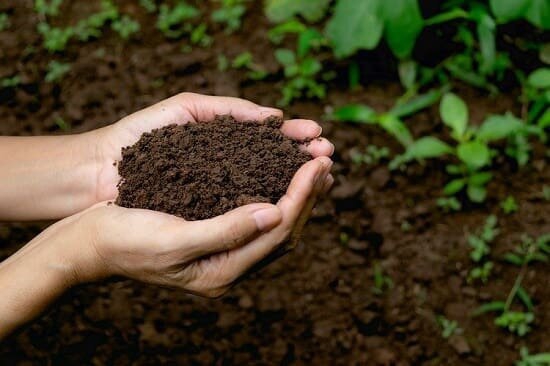Saturday 7 January 2023 - 19:53
Story Code : 403166
Over 670 national standards set for soil protection
A total of 220 standards have been set regarding soil, 89 standards regarding fertilizers, 18 standards regarding composts, 322 standards regarding pesticides, 19 standards regarding growth improvers, and 3 standards regarding toxic substances, Ladan Razi, an official with the Department of Environment said on Saturday.
According to the Soil Protection Law, the Institute of Standards and Industrial Research, the Department of Environment, the Ministry of Health, and the Ministry of Agriculture were obliged to carry out the standardization jointly, he explained.
Soil quality in Iran needs special attention, especially fertile soils in the field of agriculture and natural resources, which must be protected against any destruction and pollution, Razi stressed.
�Therefore, in order not to have problems with food security in the future, we must protect the soil seriously, she said, adding, If we protect the soil from pollution and destruction such as erosion and salinity, we can maintain our food security and have a healthy society.�
Loss of 2 billion tons annually
According to the statistics, Iran loses 2 billion tons of soil annually, according to the 2018 report of the United Nations Development Program, the total amount of global soil erosion is 24 billion tons, so one-twelfth of all global soil erosion occurs in Iran.
This is while, Iran has about one percent of the world's land area, which means that its erosion rate is eight times higher than the global average, so Iran is suffering from severe degradation and soil erosion.
In Iran, due to the severe erosion, it takes an estimated 800 years to produce a centimeter of soil, so the attention of the people and the government should be on average twice the global average.
Each ton of soil is valued at $28 in terms of metal ores, so the loss of two billion tons of soil annually means an annual loss of $56 billion, which is more than revenues from the sale of oil and agricultural products, gardens, livestock, poultry, and fisheries.
Over 25% of biodiversity
This natural resource hosts over 25 percent of biodiversity and about 90 percent of living organisms spend part of their life cycle in the soil; it also plays an important role in supporting animal biodiversity above ground, including wildlife and domesticated livestock.
The most widely recognized function of the soil is its support for food production. It is estimated that 95% of our food is directly or indirectly produced on the soil. Healthy soil supplies the essential nutrients, water, and oxygen that our food-producing plants need to grow and flourish.
Soil is also crucial for ensuring the continued growth and maintenance of natural and managed vegetation, including diverse forests and grasslands and the huge breadth of species and varieties that are cultivated or managed for their food, feed, fuel, fiber, and medicinal products.
Agriculture minister Javad Sadati-Nejad said in December 2022 that special importance will be placed on the soil and watershed sector in the seventh National Development Plan (2022-2026).
The official noted that there are good laws in the country regarding soil protection, saying: �Protecting soil is the duty of all institutions and people, so over the last 10 years, FAO has come to the conclusion that people's capacities are the most valuable factor in soil protection.�
�Natural Resources and Watershed Management Organization is responsible for the protection of soil and prevention of erosion, and in the seventh National Development Plan, we will dedicate an important chapter to the protection and preservation of the soil,� Sadati-Nejad added.
Soil protection is a public duty and it is necessary to teach future generations about the value of soil and the protection and preservation of this intergenerational heritage, he stressed.
By TEHRAN TIMES
# Tags











